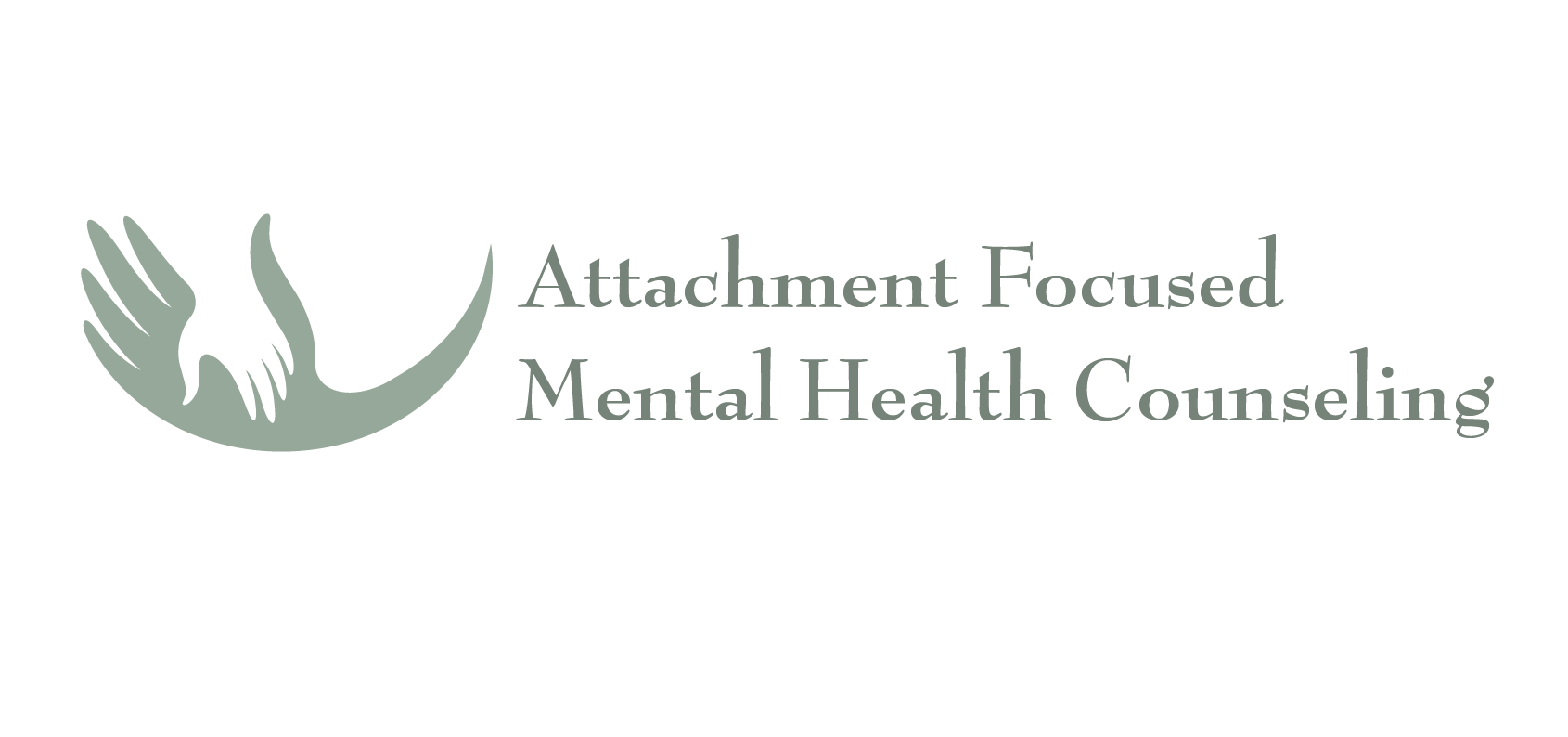Coming to Counseling

To help us get started I will send you a link via Simple Practice through which you will complete all the necessary intake paperwork. Throughout our time working together we will use Simple Practice to schedule appointments, upload, send, and share documents.

In our first counseling session (90 minutes) we will meet for a Relationship History session. Together we will create an Attachment Genogram, a picture of you and the important relationships in your life. The genogram is a map of your family origin as well as important people and experiences in your life. I want to know you; I want to hear your story, I want to know what shaped you, what made you you? This attachment genogram we create together will guide me through the sessions that will follow.
When we start working together you often hear me say, “Keep me in the loop.” If acceptable for you, you can reach out in between sessions. Let’s have a short phone conversation if you have any questions or concerns. Text me updates or reminders. Keep me in the loop so we can do the work that will bring you forward in the process.
I do not accept any insurance; I am an out-of-pocket provider. If you have a medical diagnosis for superbills, I recommend that you call your insurance company to check out of network benefits before making the commitment of coming to therapy. With the superbill you might be able to receive reimbursement for all or part of the fee for therapy.
My Fees:
Relationship History session $250/90 minutes
Family, Couples, Individual sessions: $165/50 minutes
Home Based Session $165/50 minutes
Family Support and Communication $185/50 minutes
Sign up for a free 15-minute consultation. I will answer any questions you have and guide your next steps or call (845) 516-4016 to make an appointment.


GOOD FAITH ESTIMATE:
Under Section 2799B-6 of the Public Health Service Act, health care providers and health care facilities are required to inform individuals who are not enrolled in a plan or coverage or a Federal health care program, or not seeking to file a claim with their plan or coverage both orally and in writing of their ability, upon request or at the time of scheduling health care items and services, to receive a “Good Faith Estimate” of expected charges.
You have the right to receive a “Good Faith Estimate” explaining how much your medical care will cost. Under the law, health care providers need to give patients who don’t have insurance or who are not using insurance an estimate of the bill for medical items and services. You have the right to receive a Good Faith Estimate for the total expected cost of any non-emergency items or services. This includes related costs like medical tests, prescription drugs, equipment, and hospital fees. Make sure your health care provider gives you a Good Faith Estimate in writing at least 1 business day before your medical service or item. You can also ask your health care provider, and any other provider you choose, for a Good Faith Estimate before you schedule an item or service. If you receive a bill that is at least $400 more than your Good Faith Estimate, you can dispute the bill. Make sure to save a copy or picture of your Good Faith Estimate.
For questions or more information about your right to a Good Faith Estimate, visit www.cms.gov/nosurprises
Schedule a FREE 20 minute consultation
Schedule an appointmentLo Torres, LMHC
Attachment Focused Mental Health Counseling
7582 North Broadway Red Hook, 12571
(845) 516-4016
